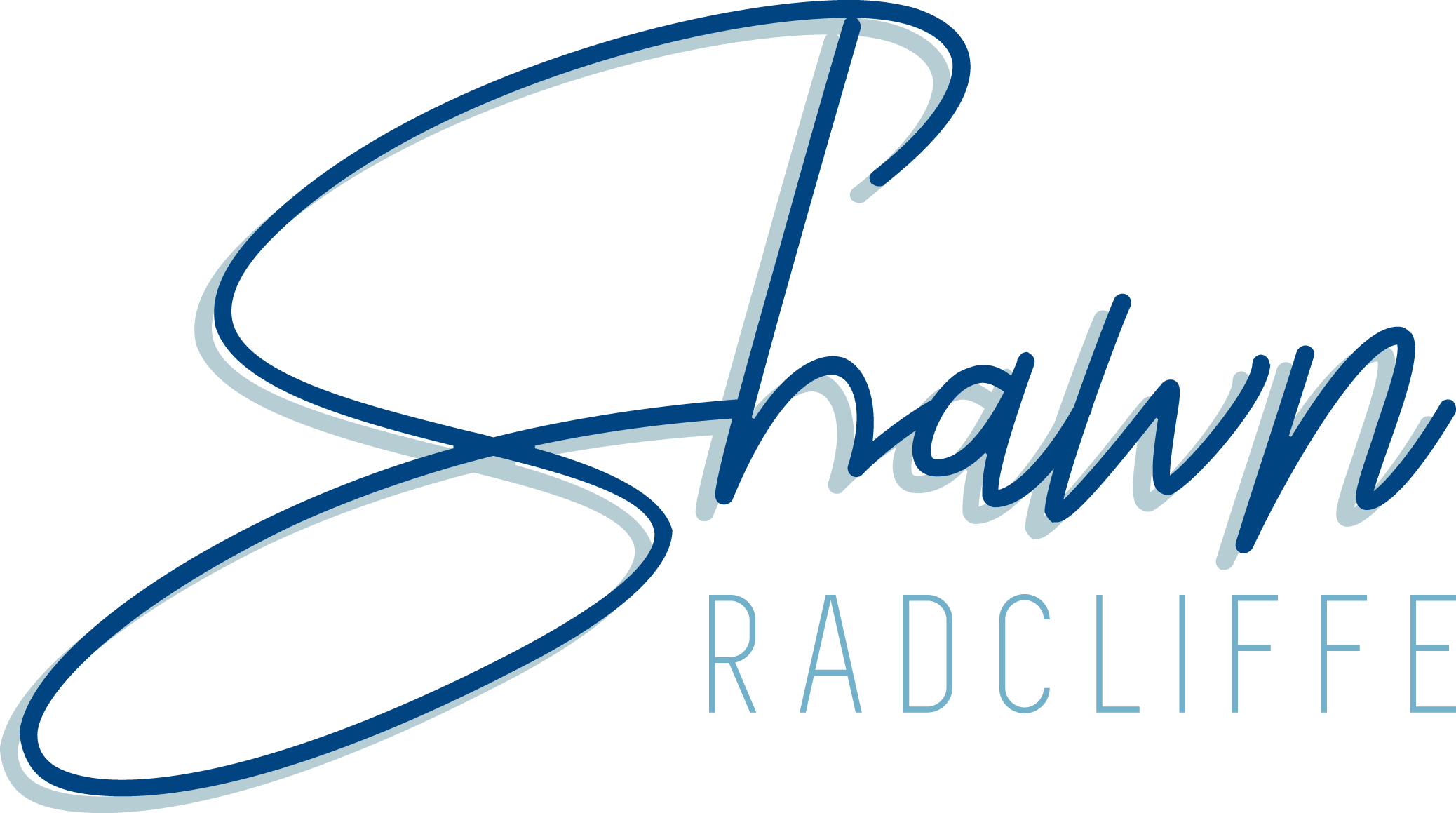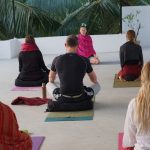Artificial lights, including computers and smartphones, can throw off your body’s circadian rhythm. A new study shows that a week of camping might give your internal clock a much-needed reset.
If you have trouble waking up in the morning or feel sluggish while sitting through your first meeting of the day, the solution could be to escape the modern world … and go camping.
Researchers at the University of Colorado took their research back to nature to test the effect of living au naturel—no lights, smartphones or computers—on the body’s natural clock (aka circadian rhythm).
They found that after one week of camping in the wilds of the Rocky Mountains—with only natural sunlight during the day and campfires at night—the circadian rhythms of eight participants shifted to be in sync with the natural light and dark cycles of the Colorado summer.
In essence, the timing of their body clocks changed to be more like those of “early risers”—going to bed and getting up earlier. This was mirrored by changes in the levels of melatonin in their body.
In the campers, this natural hormone—which controls circadian rhythm—started to increase at sunset, thus signaling the start of “biological” night. The hormone also began to drop at sunrise, about 50 minutes before people woke up, telling the body that biological daytime was beginning.
Artificial Light Throws Off Body’s Internal Clock
Researchers believe that the cycle of nighttime and daytime triggers the fluctuations of melatonin. However, the modern environment—with its artificial lighting and glowing gadgets—throws off these changes throughout the day, and also disconnects melatonin from natural changes in light.
In this study, which was published in the journal Current Biology, researchers saw this kind of shift in melatonin due to artificial light.
Before the week of camping, the participants spent a week living in the modern world—doing their usual work, school and social activities, and using electrical lights. The effect of this well-lit modernity was that the circadian clock—and changes in melatonin levels throughout the day—was delayed by about two hours—meaning people stayed up later (until around midnight) and woke up around 8 am.
This disconnect of melatonin levels from the actual waking schedule in the real world may contribute to the early morning drowsiness that so many people feel. Other studies have also shown that using artificial lights at night—overhead lights, computer screens, smartphones—may increase the risk of conditions like obesity and diabetes.
Overall, it was a small study, but it provides more insight into how artificial light can throw off the body’s natural clock … and how natural lighting can reset that same clock.
Reset Your Circadian Rhythm the Natural Way
“By increasing our exposure to sunlight and reducing our exposure to electrical lighting at night, we can turn our internal clock and sleep times back and likely make it easier to awaken and be alert in the morning,” said Kenneth Wright, PhD, the study’s lead author in a press release.
To test this out for yourself, try getting away from it all for a week—just you, your family and the warm glow of the campfire. It may be tempting, but leave the cellphones and computers off. And use flashlights only in emergencies, because even that light can affect your melatonin.
If camping isn’t really an option for you, the researchers offered some advice. “Our findings suggest that people can have earlier bed and wake times, more conducive to their school and work schedules, if they were to increase their exposure to sunlight during the day and decrease their exposure to electrical lighting at night,” said Wright.
That means:
- Keep the shades open during the day
- Go for walks during the day, but especially in the morning to jumpstart your body’s daytime cycle
- Turn the lights lower in the evening
- Turn off computers, televisions and smartphones in the evening
- Keep glowing electronics out of your bedroom, including DVD players and cell phone chargers
- Use room-darkening shades if you live in a brightly lit area.
__________
References: Wright KP, McHill AW, Birks BR, Griffin BR, Rusterholz T, & Chinoy ED (2013). Entrainment of the Human Circadian Clock to the Natural Light-Dark Cycle Current Biology DOI: 10.1016/j.cub.2013.06.039
Photo: Camping in North Dakota, Some rights reserved by stereogab
Original published on The Health Journal







